Are individuals with noble titles
more likely to be a part
of the transnational corporate elite?
Diliara Valeeva
KU Leuven
Networks 2021: A Joint Sunbelt and NetSci Conference
5-10 July, 2021
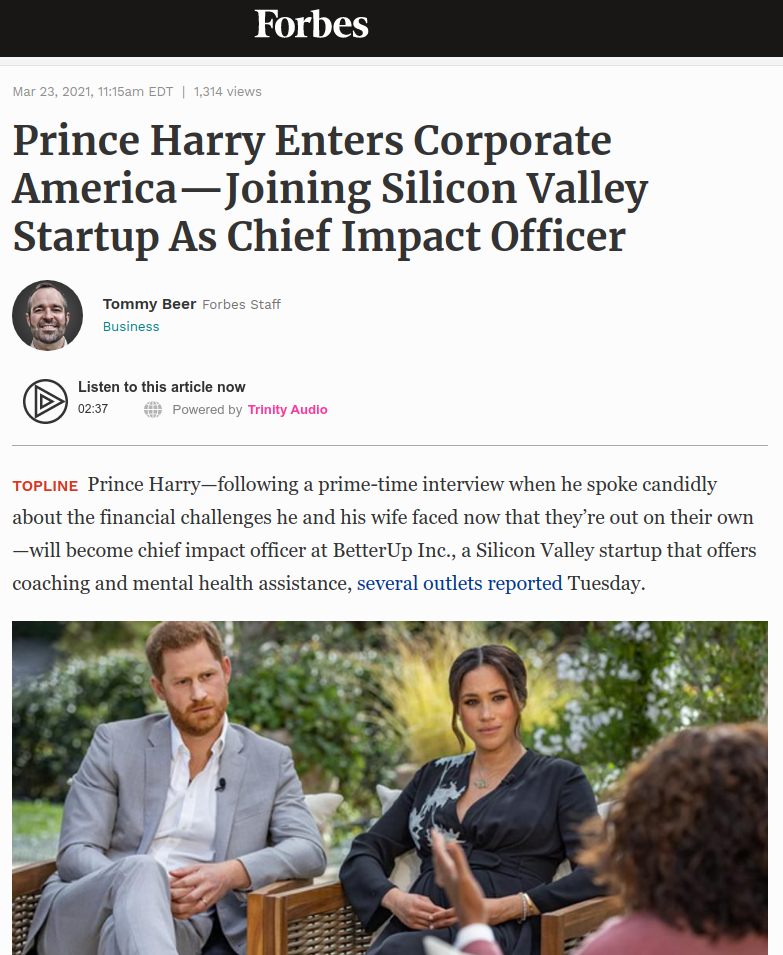
Forbes, 23 March 2021

Modern aristocracy obtains
high societal positions
within nation-states
Nobility has higher changes of entering corporate elite
By utilizing specific forms of capital, adapted to modern realities
(Hartmann and Kopp, 2001; Korom and Dronkers, 2009; Gonzalez, 2019)
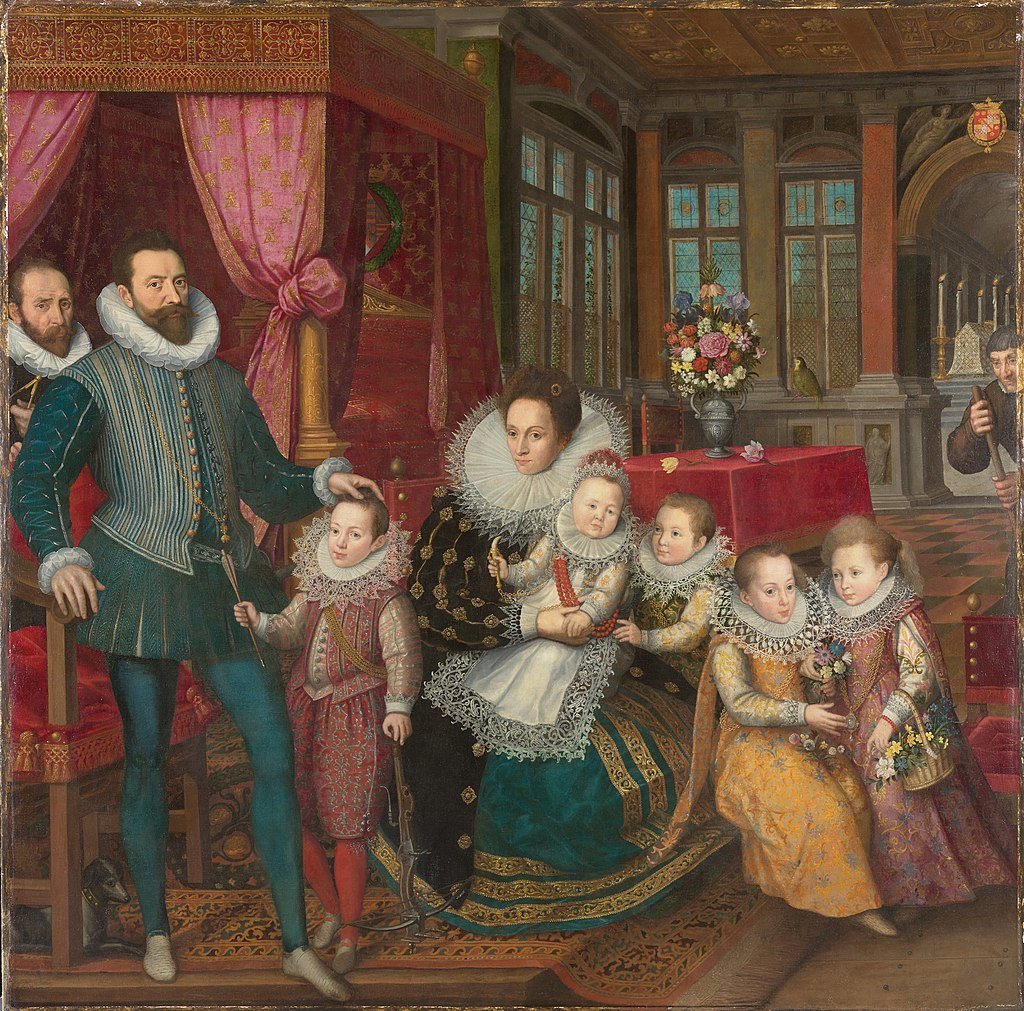
Transnationalization of corporate ownership and elite networks
International educational and career patterns
Cosmopolitan capital


(Buhlman et al., 2013; Heemskerk et al., 2016; Prieur and Savage, 2013)
Are individuals with noble titles
have positional privilege
on obtaining transnational positions?
Transnational elite reproduction is similar to national elite reproduction
Transnational elite reproduction is different from national elite reproduction
Yes
No
Hypothesis
Individuals with noble titles
are more likely to obtain
transnational corporate elite positions
in comparison with individuals
without noble titles
Data
Orbis Bureau van Dijk data in 2017
Members of board of directors
[~21 million people]
National corporate elite:
board position(s) in 1 country
[20 533 583 people]






Transnational corporate elite:
board positions in multiple countries
[265 796 people]

No global dataset of noble titles
Automatic and manual coding
5 837 individuals with noble titles
(0.028% of the sample)

The odds of nobility to obtain transnational positions
are 2.44 times higher in comparison with odds of individuals without noble titles

European
aristocracy
Middle Eastern
aristocracy
Network of corporate aristocracy
noble
noble
firm
Case 1: European
dynasties
Faber-Castell family
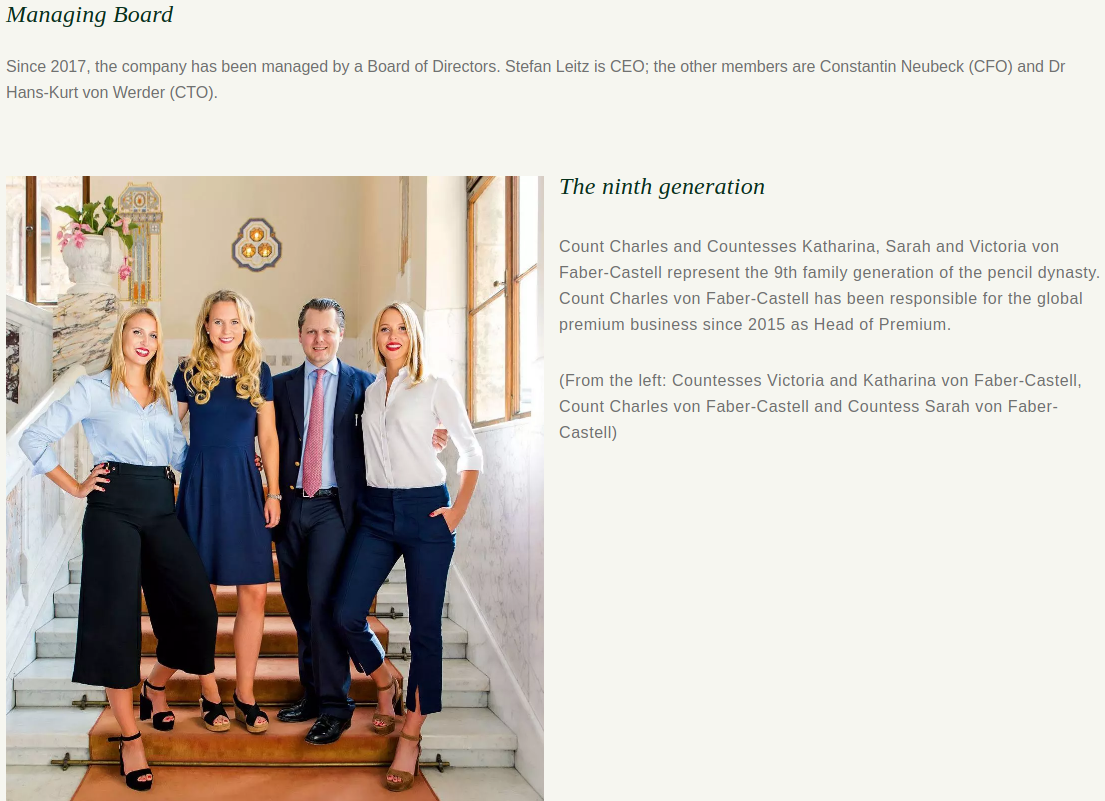
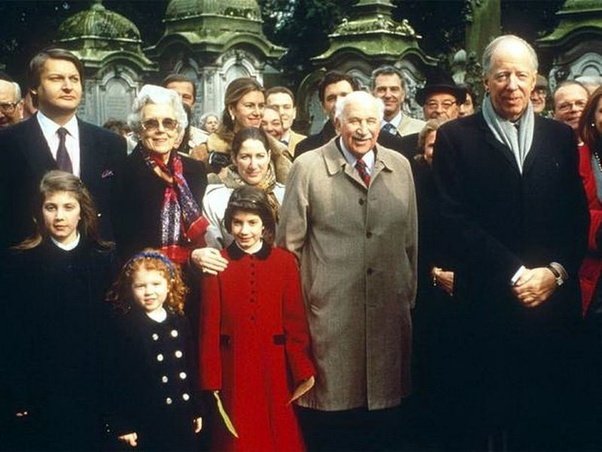
Rotschild family
First Abu Dhabi Bank
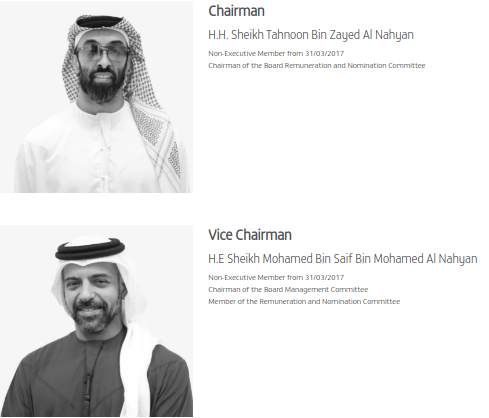

Case 2: Middle Eastern aristocracy
Conclusion
Nobility has positional privilege not only within national corporate elite networks, but also globally
Nobility from different countries/regions has distinct patterns of entering the transnational corporate world
These patterns are determined by a diversity of capitals
The transnational corporate elite is likely to follow reproduction patterns, existing in national contexts
Are individuals with noble titles more likely to be a part of the transnational corporate elite?
By Diliara Valeeva
Are individuals with noble titles more likely to be a part of the transnational corporate elite?
Talk for "Networks 2021" conference
- 293



